Adrian Melis: Absolute Silence Does Not Exist
Fundación Cerezales Antonino y Cinia
León, Spain
6 August - 12 November 2017
Co-curated with FCAYC
![]()
![]()
![]()
![]()
![]()
![]()
![]()
![]()
![]()
![]()
Fundación Cerezales Antonino y Cinia
León, Spain
6 August - 12 November 2017
Co-curated with FCAYC
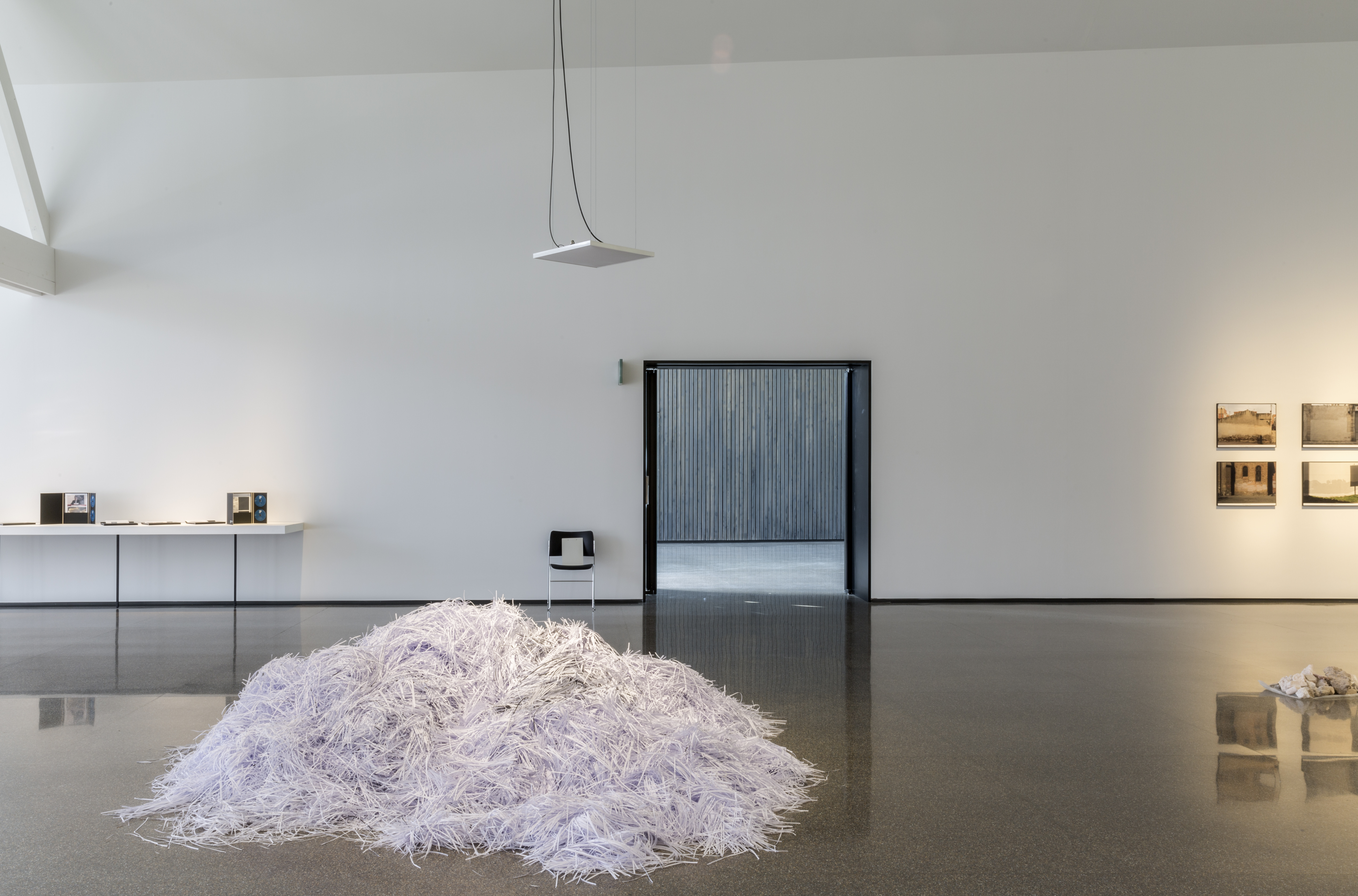
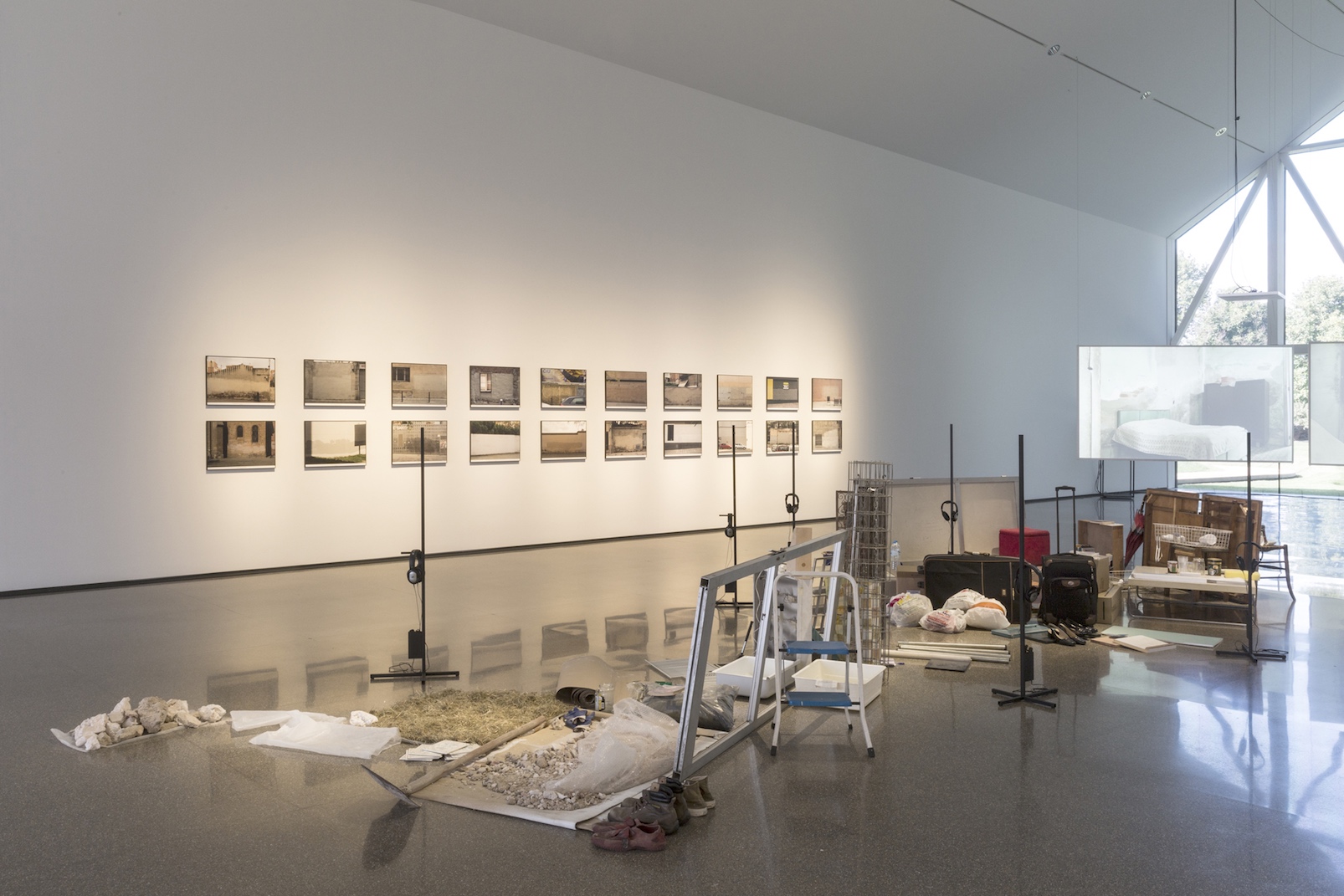
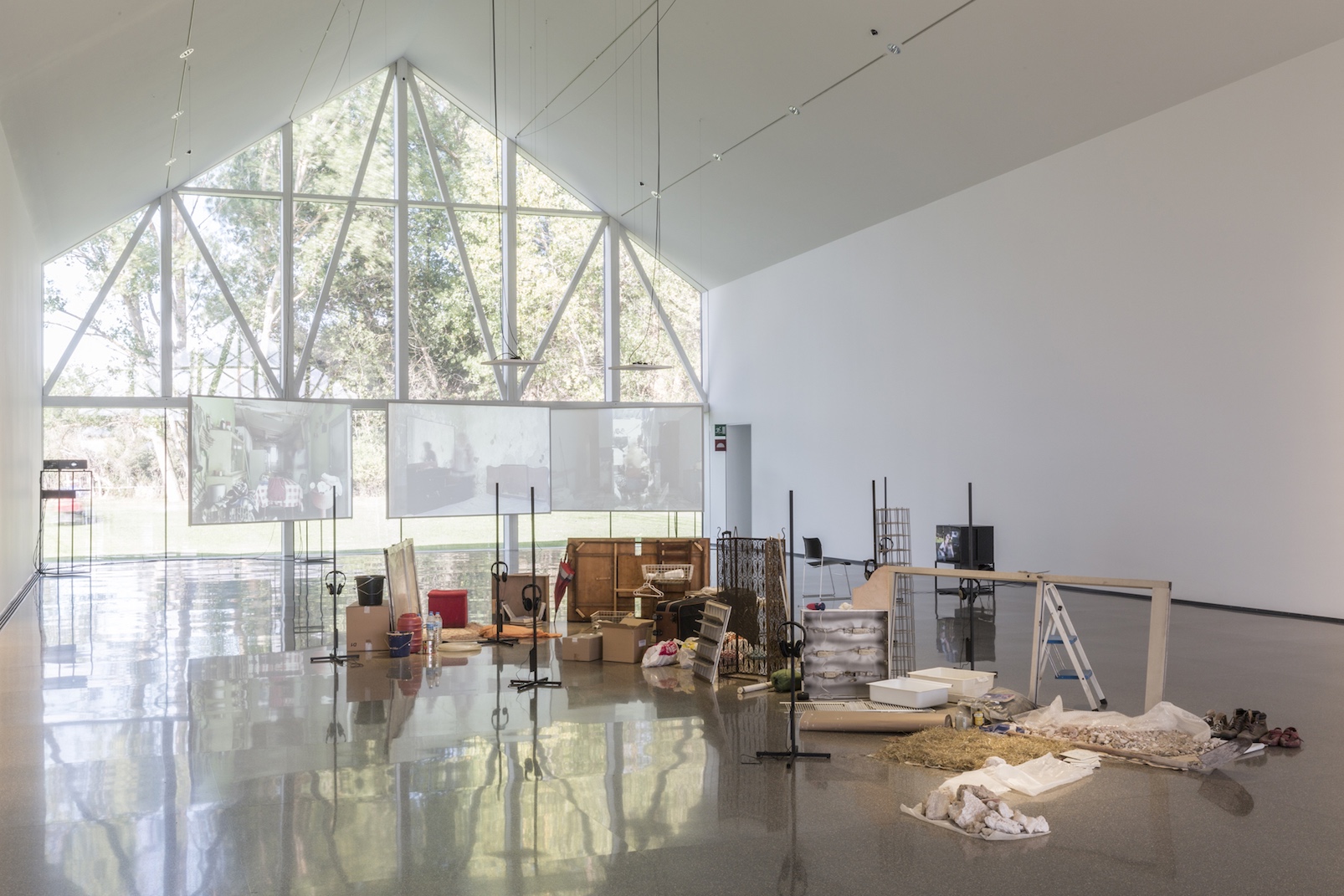


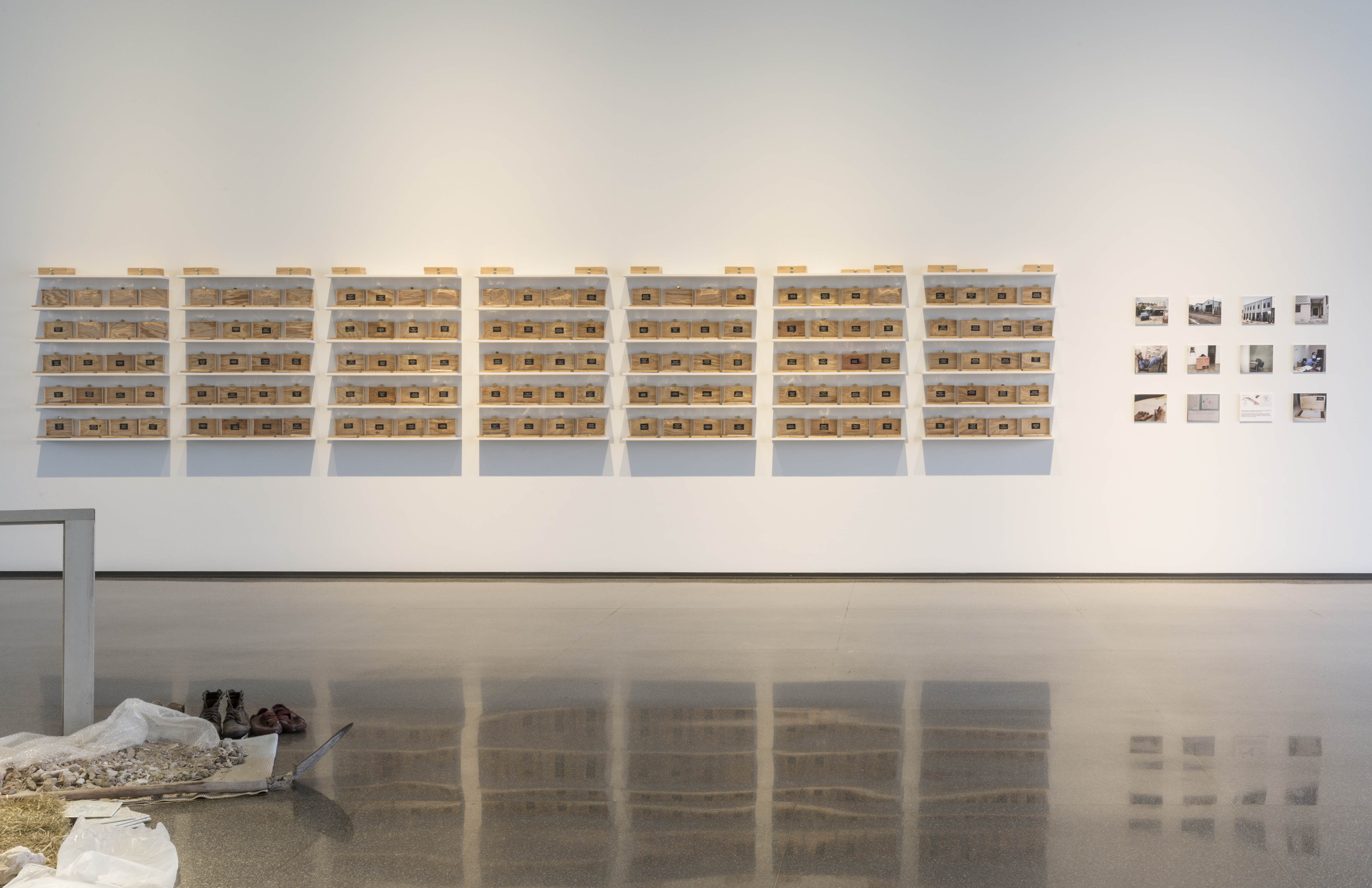



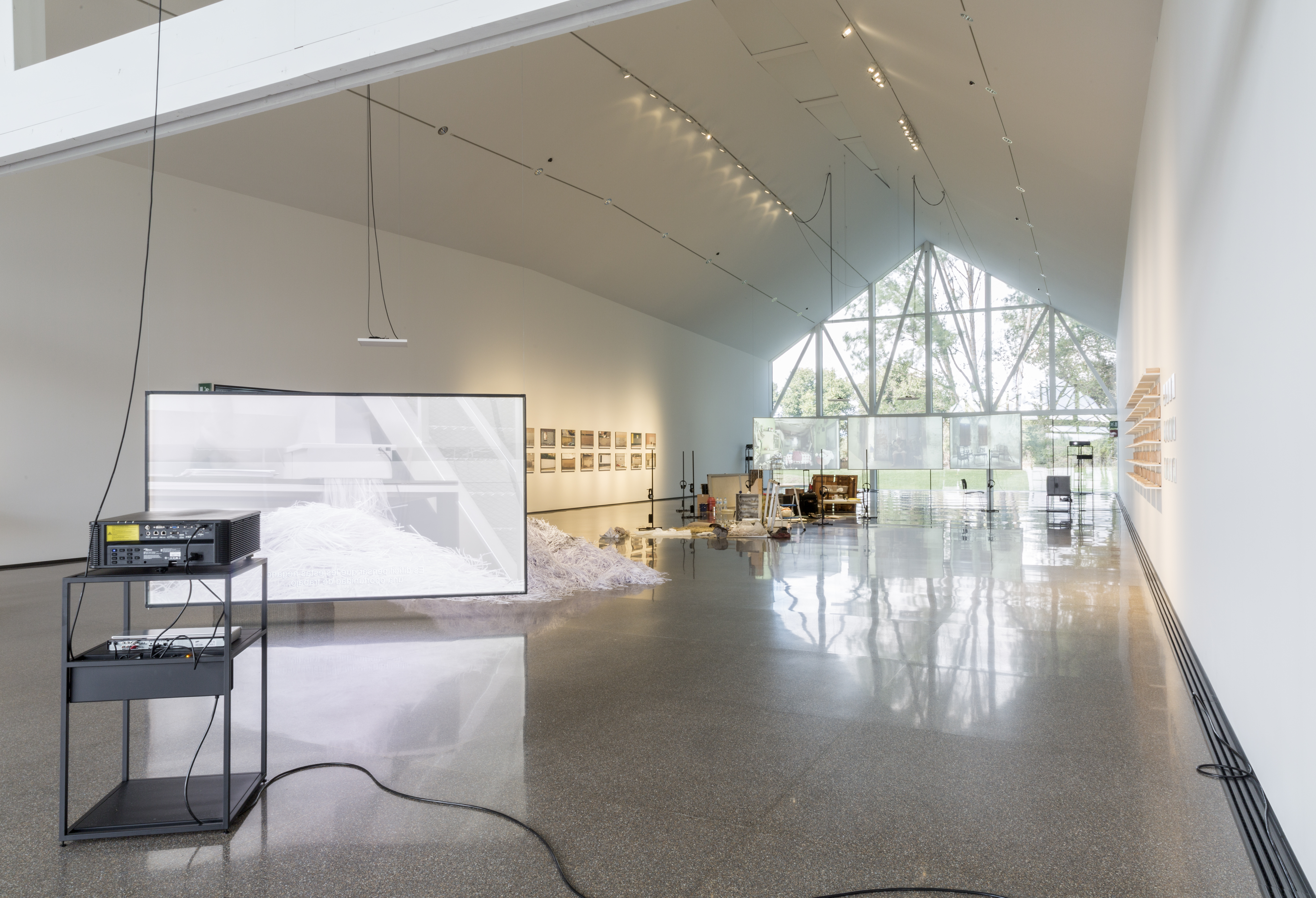
Fig. 1 - 8 Installation views, Adrian Melis: Absolute Silence Does Not Exist, Fundación Cerezales Antonino y Cinia, León, Spain, 2017
The exhibition perceives Adrian Melis’s practice as affective labour and simultaneously interprets it as an investment in immaterial labour. Immaterial labour is labour that creates immaterial products, such as knowledge, information, communication, a relationship, or an emotional response. The other face of immaterial labour, as Michael Hardt explains, is affective labor. Affective labour is work carried out that is intended to produce or modify emotional experiences in people. Among the background noise of everyday life, past experiences are repeatedly projected back to us, at times almost imperceptible, or comfortably audible (although the source may still remain hidden). We form part of some of these situations, and their resonance propagates without clear limits thus forming a space which behaves as a political space and at times, as a psychological space; caught between the collectivised and the personal. They are situations that speak to us of conflicts and of contrasts which ultimately affect us, such as occupational factors, social unrest and other forms of misdirections in relation to what it means to live in a western society and within its borders.
Absolute Silence does not exist by Adrian Melis (Havana, Cuba, 1985) resonates such experiences. The eight works on display, some of which are new productions for this exhibition, attempt to establish a listening channel with various forms of displacement as they are distorted and give rise to ironic, tragic or absurd situations. What are we able to listen and understand between the noise? Guided by various noises, improvised foley sounds and other acoustic interventions among all the non-silences that surround the exhibition, it is possible that we may still discover that these unbreakable continuities between cause and effect, signifier and signified, image and sound, all of which we have become used to may be conceived as merely background noises, and could in fact, be interpreted as no more than an obvious trace of our neurosis. Inhabiting this new place of psychic economy, as described by Pierre Dardot and Christian Laval, governed by hypermodernity, uncertainty, flexibility, precarity, fluidity and without gravity.
If we can agree that we hear things because we cannot see everything and that sounds and images may be alternative objects of thought that are sustained by less simplistic relations and can be accessed through differentiated drives, it is not surprising that Adrian Melis aims to retrace the new space that separates psychology and politics surrounding this premise. Through the selection of works that comprise Absolute silence does not exist Adrian Melis creates places wherein to listen, hear, understand and interpret. A place, to be more exact, wherein one can explore to which extent it is still possible to detect new relations of meaning within the soundscape, and a place one can inquire into the counter-powers of sound.